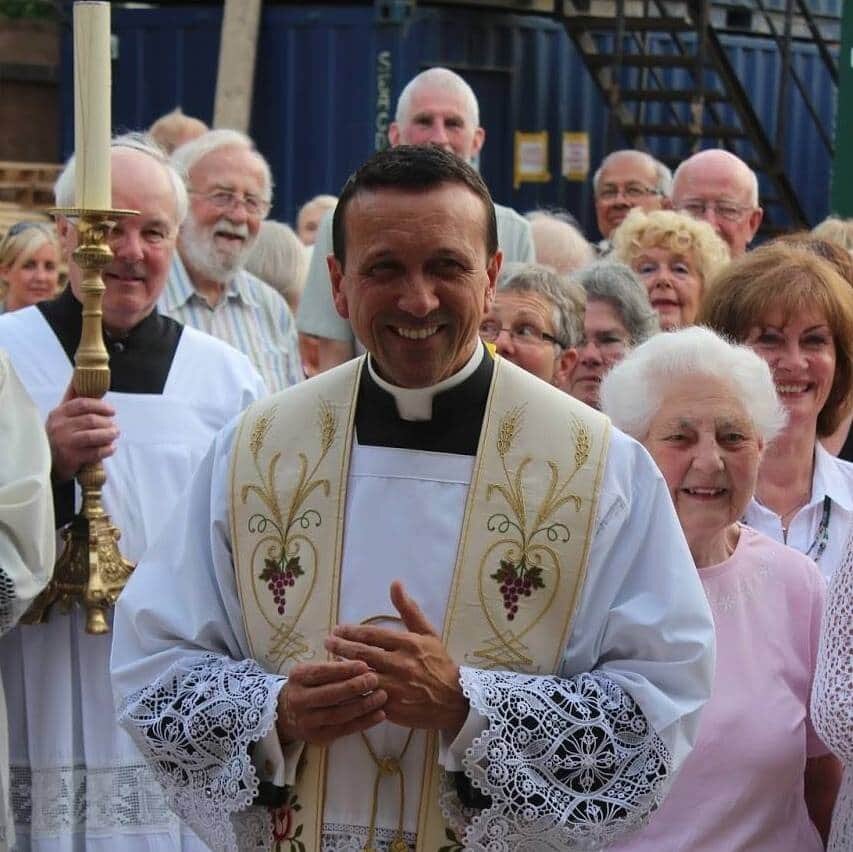Dear friends in Christ
Saint Mark wrote his gospel primarily for converts from paganism, and in various passages explains to his readers the meaning of certain Jewish customs. This was so that they would be able to understand the context of Our Lord's teachings. In the gospel of Mass this Sunday, he describes, how the Jews, especially the Pharisees, had an elaborate ritual of washing when they came back from the marketplace, and how they would purify themselves before eating, and other rituals involving the washing of vessels. These purification rites were not done for merely hygienic reasons, they had a deep religious significance, symbolising the moral purity needed in order to approach God. They would often in this context recite Psalm 24 which says: Who shall ascend the mountain of the Lord? And who shall stand in this holy place? He who has clean hands and a pure heart. Purity of heart appears as a condition for approaching God, and for taking part in worship.
But the Pharisees hadn't got beyond the purely external level and even added to those rituals whilst neglecting the more important fundamental virtues, namely cleanness of heart, of which all the rest were just an outward sign and symbol. This of course reminds us, of how everything we do in the spiritual life, is an expression of what is on the inside. Whenever we make the sign of Cross, whenever we use Holy Water, whenever we genuflect before the Tabernacle, whenever we undertake some religious devotion, these must all spring from an inner faith and devotion and our own desire to seek God and approach Him with purity of heart and intention.
Many of our Schools and Colleges return this week after the Summer vacation. We wish all of our students and those who work in Catholic Education an enjoyable, fruitful and industrious year ahead!
God bless you all!
Msgr Kevin Hale

